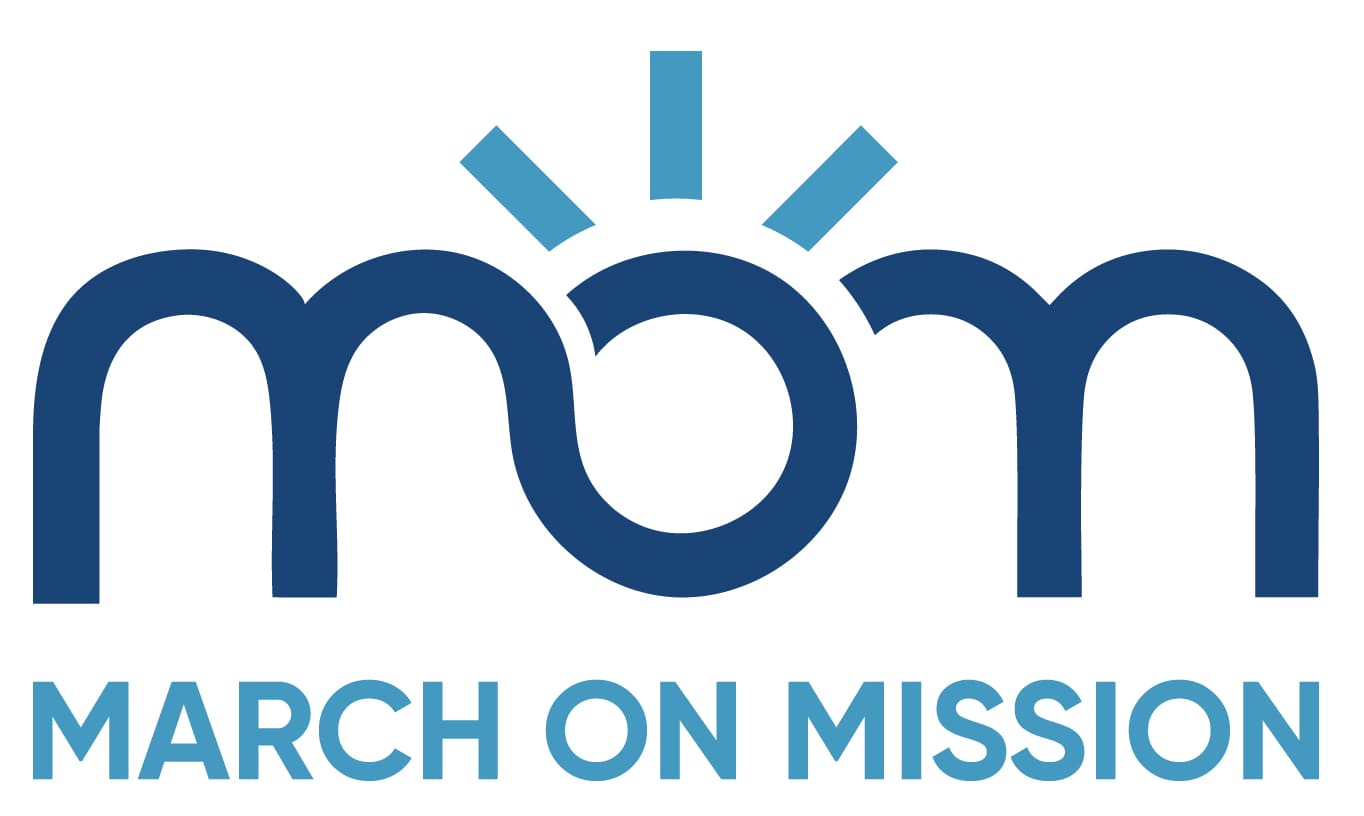
For many of us, the scars we carry aren’t always visible. Maybe you’ve been there—facing sleepless nights, haunted by memories you wish you could forget, and feeling the weight of emotions that no one else seems to understand.
If you’ve served in law enforcement, as a first responder, or have lived through any trauma, you know that the battle doesn’t always end when the shift is over.
That’s where Dale found himself—overwhelmed by the silent storm raging inside. But his story didn’t end there, and neither does yours. His journey to finding peace started with the financial assistance of March On Mission to find him effective neurofeedback services.
The Battle After the Service
Dale, a 44-year-old who spent years in the military and later as a police officer, faced daily battles even after leaving the frontlines. The years of service took their toll, leading to a diagnosis of PTSD that haunted him with sleepless nights, constant alertness, and overwhelming frustration. The weight of these symptoms affected every part of his life, leaving him feeling isolated and exhausted.
But Dale refused to let PTSD define him.
Finding Hope with Neurofeedback
With the help of March On Mission, Dale discovered Grey Matters Brain Training Studio in Carmel, Indiana through a pilot program with the Hamilton County Police Department. With a glimmer of hope, Dale’s journey toward healing began. His goals were simple but essential: to sleep through the night, stop reliving past traumas, and regain control of his emotions.
The first step in Dale’s journey was a qEEG brain map, which provided insight into his brain’s functioning. This map guided his treatment plan, which focused on using Infra-slow Fluctuation Neurofeedback to regulate his autonomic nervous system. In simpler terms, it helped calm his body’s “fight or flight” response, giving his mind a chance to rest and recover.
A Turning Point in Dale’s Life
By his 17th neurofeedback session, Dale began to notice real changes. The frustration he carried with him daily started to lift. At work, he managed to contain his irritation during a high-pressure meeting—something he couldn’t have done before. His progress was undeniable, and even his employer recognized the difference. Without the help of neurofeedback, Dale admits he likely wouldn’t have been able to keep his job.
Restful Nights and a New Beginning
The most profound change came in Dale’s sleep. The nightmares and night terrors that had plagued him for years began to subside. He slept more soundly, no longer jolted awake by past traumas. Over time, his PTSD symptoms decreased, and his PTSD score dropped from 25 to 17 after 40 neurofeedback sessions. While the road of recovery hasn’t been easy, the improvement in Dale’s quality of life has been priceless.
A Story of Hope and Resilience
Dale’s story is one of resilience and hope—a testament to the power of neurofeedback and the support of a community that understands the unique struggles faced by those who serve.
If you or someone you know is dealing with the effects of PTSD, March On Mission is here to help you take the first step toward healing, just like Dale did.
The toll that PTSD takes on those who serve in law enforcement and other high-stress roles can be devastating. The constant exposure to traumatic events, combined with the pressure to remain resilient, often leads to untreated mental health struggles. Tragically, law enforcement officers are at higher risk of suicide, a heartbreaking reality we can’t ignore. If you or someone you know is struggling, remember that help is always available. Please call 988, the National Suicide & Crisis Lifeline. You don’t have to face this battle alone.
March On Mission is a 501c3 organization dedicated to providing financial assistance for crucial mental health services to first responders, veterans, and foster children, which are often not covered by insurance. These services are aimed at reducing symptoms related to anxiety, depression, PTSD, ADHD, brain injuries, migraines, and trauma.

